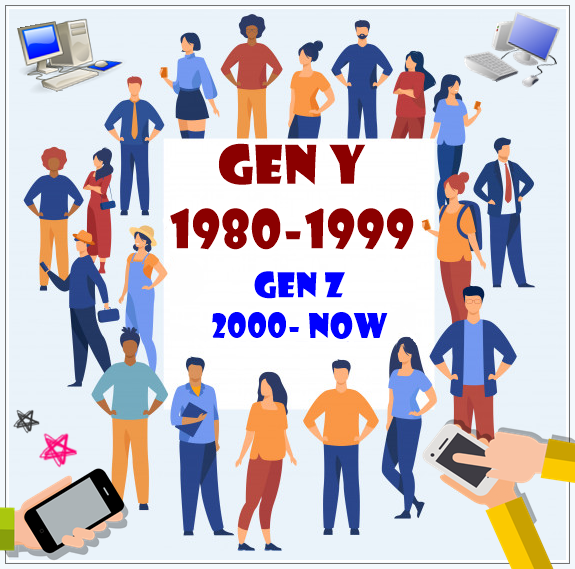By Eve Levenson
Currently, there exists a huge gap in the advocacy space between youth -- who are powering many of the most effective recent social movements (March For Our Lives, fight for DACA, #BlackLivesMatter, etc.) and the adult organizers and organizations who have more of the resources but often lack the ability to effectively work with the talented youth.
I have often described my work as at the intersection of the youth and adult advocacy spaces and valued the intergenerational spaces in which I have gotten to organize. Those of us who have worked in these intergenerational spaces know that these spaces are not always easy to navigate. That is why I set out to conduct this study and create this guide to provide insights for both youth organizers and their older counterparts on how to best work symbiotically together.
Most existing research related to this topic pertains to how to teach civics education to youth and the significance of the youth vote. What is missing though is research and insight that looks at young people, particularly Gen Z and younger millennials, as organizers in their own right - not only for electoral organizing but also issue advocacy - and specifically the working relationship between younger and older organizers. This study relied on the perspectives of youth and adult activists to determine the ideal tips to be shared among the community for how to improve the working relationships between youth and adult organizers.
The results of this study provide guidance for how adult advocates and adult-run organizations can effectively and authentically work with youth in the advocacy space and provide those adult organizers with key insights into effectively working with, supporting, and uplifting youth organizers.
The study showed a lot of similarities in what each group wants to see from their counterparts, supporting the theory that there is a path forward for effective intergenerational organizing work.
Youth organizers’ answers made it clear that they value support from adult organizers but that not all efforts at support are well received. Youth organizers’ asks fall into three categories: (1) respect and empowerment, (2) training and mentorship, and (3) monetary, financial, and/or material resources. Notably, youth organizers asked for not only direct monetary support but also legal and organizational resources and connections to existing networks and resources (training, strategic planning, etc.).
Adult organizers’ feedback for their younger counterparts focused on the need for youth organizers to be communicative and upfront with their adult counterparts about what they need, continue to demonstrate their reliability, expertise, and value-add, and be mindful of how ageism can work both ways. In other words, communication, demonstrated reliability, and mutual respect.
Advice from adult organizers also had valuable insights and lessons learned from young organizers to pass on to their peers, including the need to unlearn harmful tropes. The overall theme of the misconceptions respondents mentioned is that a lack of organizing experience means that young adults do not have something unique and valuable to add. Adult organizers encouraged their peers to avoid empty attempts of inclusion, underestimating youth, and being dismissive, disrespectful, or condescending.
The more experienced organizers also noted the need to provide real organizing opportunities to youth by giving them real responsibilities, not just grunt work, and treating them as trusted partners. This includes providing purpose, training, and resources in addition to dedicating the time to check in with them, getting to know them, and making sure they feel a sense of purpose. Their feedback for working with young organizers was rooted in three concepts critical to all successful relationships: (1) listening, (2) inclusion, and (3) patience.










